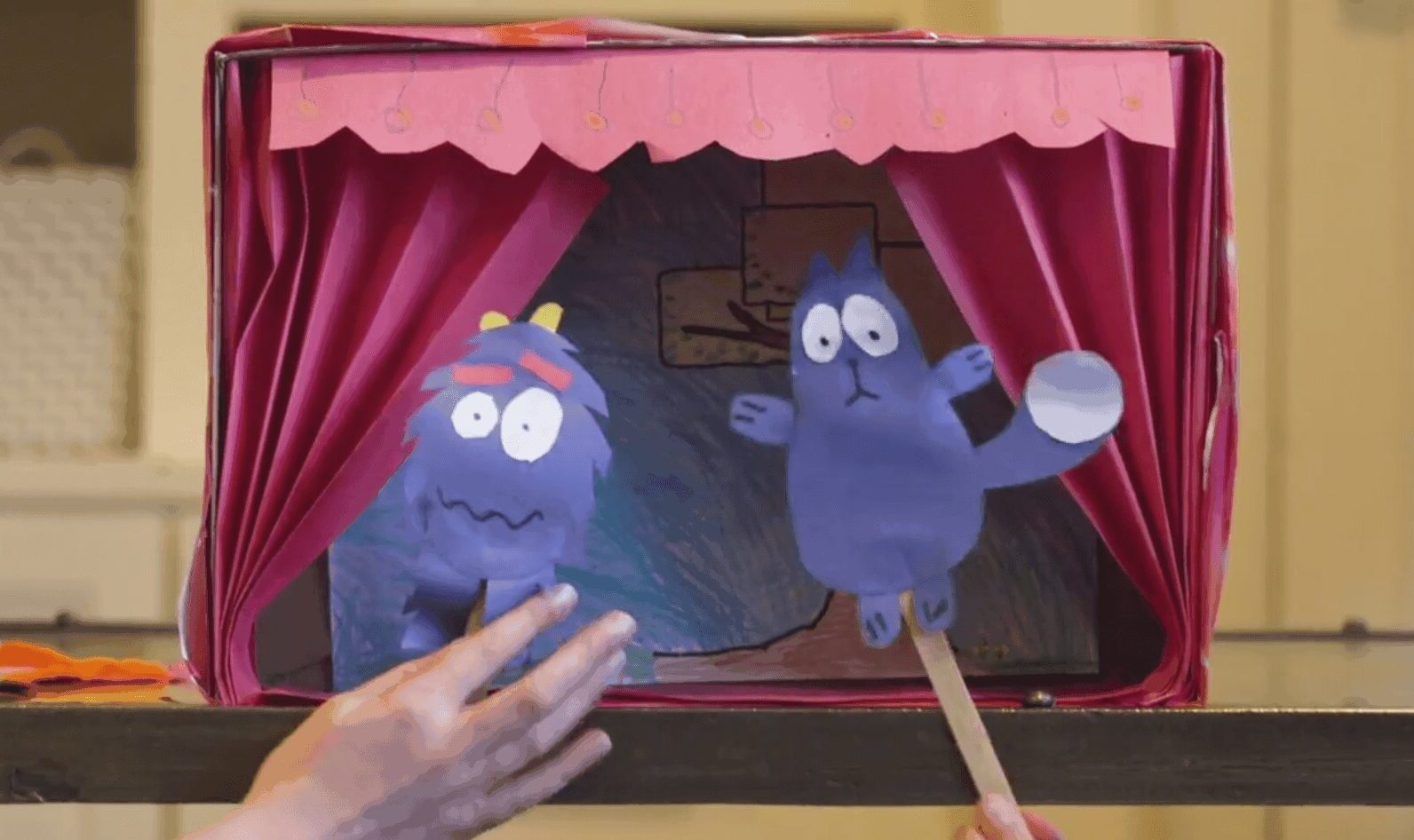
What is Dramatic Play?
Dramatic play, also known as pretend play or imaginative play, is a type of play where children accept and assign roles and act them out. It’s the classic scenario where kids transform into pirates, chefs, doctors, or superheroes, creating imaginary worlds and stories. This form of play is crucial for developing creativity, social skills, and emotional intelligence.
The Benefits of Dramatic Play
Before diving into how dramatic play can aid language learning, let’s look at its general benefits:
- Social Skills: Through role-playing, children learn to cooperate, negotiate, and empathize with others.
- Emotional Development: Dramatic play allows children to express their feelings and understand others’ emotions.
- Cognitive Development: It encourages problem-solving, critical thinking, and planning.
- Creativity: Kids explore different scenarios and solutions, enhancing their creative thinking.
Types of Dramatic Play to Support Language Learning
Dramatic play comes in many forms, each offering unique opportunities to support learning a new language. This type of activity is an amazing follow up to almost any One Third Stories box. If you haven’t received your first story box yet, we’ve included some free popsicle puppet printables to review any of the words introduced in our previous posts. Here are a few types of dramatic play that can be particularly effective:
Puppet Shows
- Examples: Using puppets made with popsicle sticks, socks, or paper bags
- Language Skills: Enhances storytelling abilities, helps with understanding and using dialogue, and can be used to introduce new vocabulary and sentence structures.
Story Reenactment
- Examples: Acting out scenes from favorite books, movies, or fairy tales.
- Language Skills: Builds comprehension skills, reinforces vocabulary from the stories, and allows for practice in narrative structure and sequencing.
Role-Playing
- Examples: Playing house, doctor, teacher, chef, shopkeeper.
- Language Skills: Introduces specific vocabulary related to the roles and scenarios, encourages conversational phrases, and develops listening and speaking skills.
Thematic Play Areas
- Examples: Setting up a grocery store, post office, airport, or restaurant.
- Language Skills: Provides context-specific vocabulary, encourages practical use of language in real-life scenarios, and promotes conversational skills.
Imaginative Play with Props
- Examples: Using toys like action figures, dolls, or stuffed animals to create stories and scenarios.
- Language Skills: Encourages the use of dialogue, develops storytelling skills, and fosters imagination and creativity.
Incorporating Dramatic Play into Language Learning
To make the most of these types of dramatic play, consider the following tips:
- Create a Language-Rich Environment: Ensure that the play area is filled with items and props that prompt language use. Label items in the target language and provide written prompts or scripts if needed.
- Model Language Use: Participate in the play and model the use of new vocabulary and phrases. Encourage your child to mimic and practice.
- Encourage Creativity: Allow children to take the lead and create their own stories and scenarios. This promotes ownership of their learning and makes the experience more engaging.
- Provide Feedback and Praise: Offer positive reinforcement and gentle corrections to help children improve their language skills without feeling discouraged.
- Make It Fun: Keep the focus on fun and play. The more enjoyable the experience, the more likely children are to engage and learn effectively.
By incorporating these types of dramatic play into your child’s routine, you can create a dynamic and enjoyable learning environment that fosters language development in a natural and engaging way.



Choose a language
One Third Stories courses are available in French, Spanish, Italian and German.
Select a subscription
Choose between monthly or annual payment options.
Start learning
Receive your first audiobook and Story Box, and let the learning begin!.

Choose a language
Our courses are available in French, Spanish, Italian and German.

Select a subscription
Choose between monthly or annual payment options.

Start learning
Receive your first audiobook and Story Box, and let the learning begin!.








